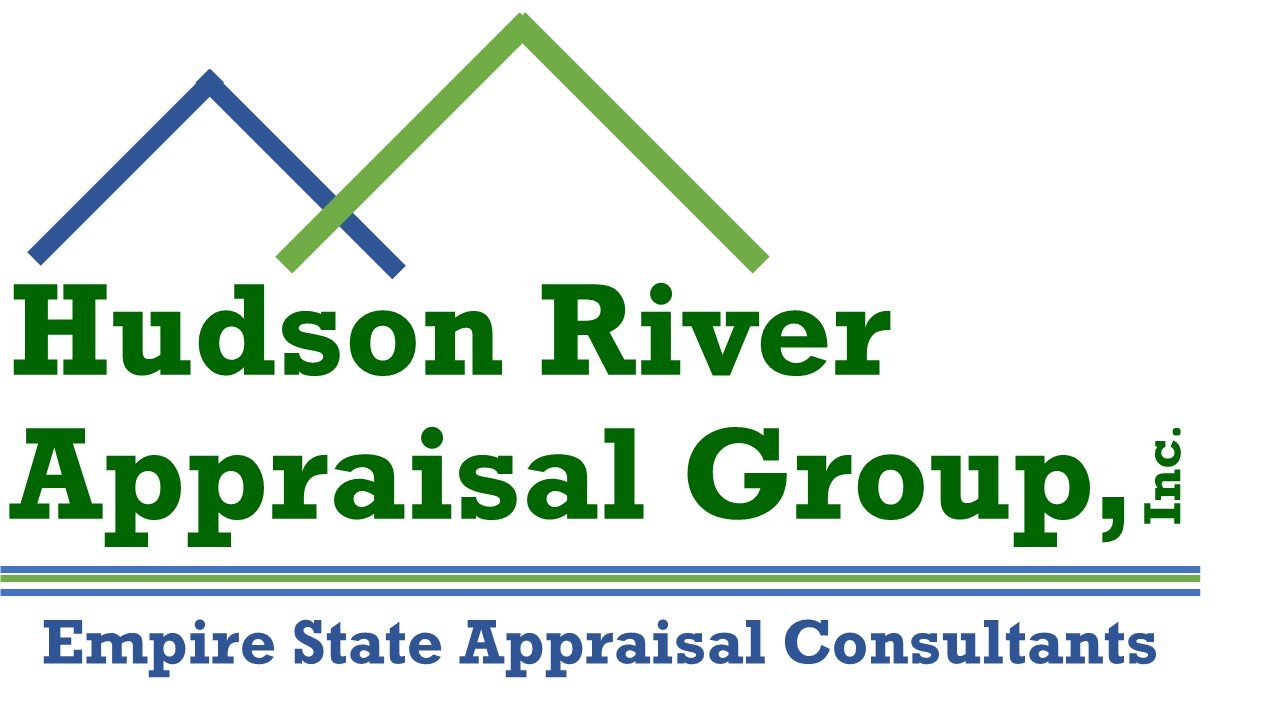Commercial Appraisal Services
Our commercial appraisal services include a full range of property types, including:
Industrial Facilities
Resorts
Apartment Complexes
Warehouses
Shopping Malls
Medical and Professional Offices
RV Parks and Campgrounds
Reservoirs
Hotels and Hospitality
Mobile Home Parks
Self-storage Facilities
Golf Courses and Country Clubs
Convenience Stores, Car Washes and Gas Stations
Restaurants (Fine, casual, fast food and ice cream)
Mixed Use (commercial and residential in one building)
When is a commercial appraisal needed?
Buying or selling property
Getting a loan
Appealing tax assessment
Merging or dissolution of a company
Assessing damages for insurance
Estimating liquidation value
Assessing a divorce or estate situation
Commercial Coverage Area
Our commercial coverage area is larger than our residential coverage area and includes the following counties.
Albany
Columbia
Ulster
Otsego
Fulton
Rensselaer
Greene
Orange
Saratoga
Hamilton
Schenectady
Dutchess
Schoharie
Warren
Montgomery
If your property is not in our commercial coverage area, give us a call to discuss your needs.
What type of appraisal report is provided?
Commercial appraisal reports are typically created in a Narrative format. The narrative report can be as small as 3-4 pages or as large as several hundred pages. There are two appraisal report types: restricted and appraisal of which itself has two formats, summary and complete. Generally, a summary report, which is the most common, is between 40 and 60 pages in length.
Our valuation professionals will get an understanding of why you need an appraisal and will recommend the best report type for our needs. Following are the types of reports that are usually requested for commercial use:
Restricted Use Report
This type of report is the most basic type of report available and is often reserved for when only a value is necessary. It is only beneficial to someone with in-depth knowledge of the property being appraised as very little detail is presented. It provides the necessary information required by USPAP* and very little more. The Restricted Use report typically does not meet the needs of lenders.
Summary Report
This report type is the most commonly used report option for most commercial property appraisals. The level of detail contained within the report is usually good and all of the steps and processes are summarized so that they are easily understood. The details of the property being appraised are typically detailed with photographs, maps, sketches, and construction details. The analyses are provided and the comparable data used to reach the conclusions are also detailed. With this report format, any reader should be able to have a reasonable understanding of the property that is appraised and how the final value conclusions(s) were reached. For its type, the Summary report provides the best "bang for your buck."
Complete Report
Like the smaller Summary report, the Complete report is often used by commercial lenders but not nearly as much. The reason being is that the report is much more detailed throughout and much more costly, sometimes by as much as double. Because of the level of detail, the appraiser spends much more time on the “background” of the subject property and the comparable data used within the report and analyses. The reports are quite lengthy and can be difficult, if not sometimes confusing, to read. While a Complete report can be used with any property type, they are generally reserved for larger properties exceeding values of one million dollars.
* What is USPAP - The Uniform Standards of Professional Appraisal Practice?
USPAP was created in 1986-87 and includes a specific uniform standard that dictates how all appraisals are to be completed, and the specific steps and methods appraisers are to follow. It also sets forth specific requirements for appraiser ethics, record keeping and competency, among others USPAP represents the generally accepted and recognized standard of appraisal practice in the United States.
To view the full USPAP guide, or to learn more about the appraisal process, please follow the link to the Appraisal Foundation. www.appraisalfoundation.org















